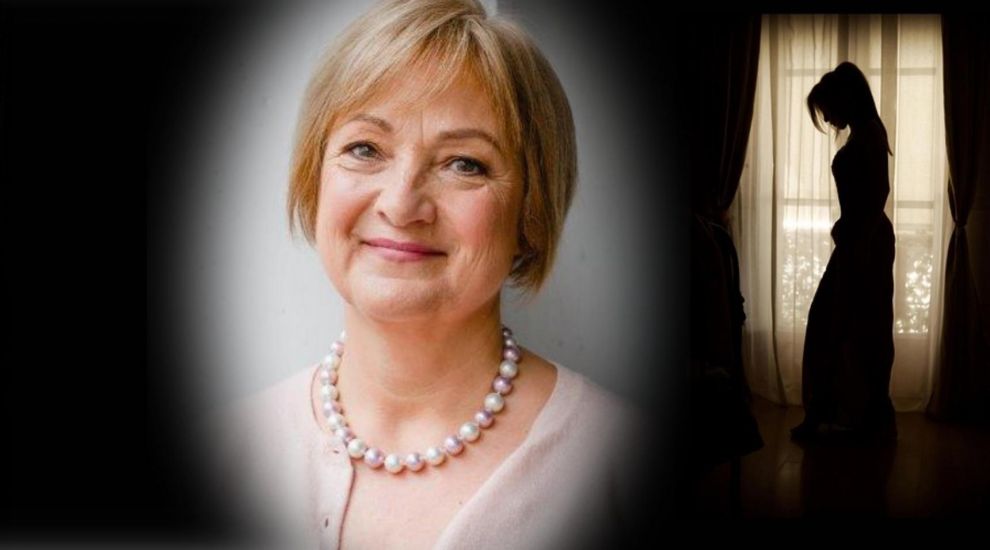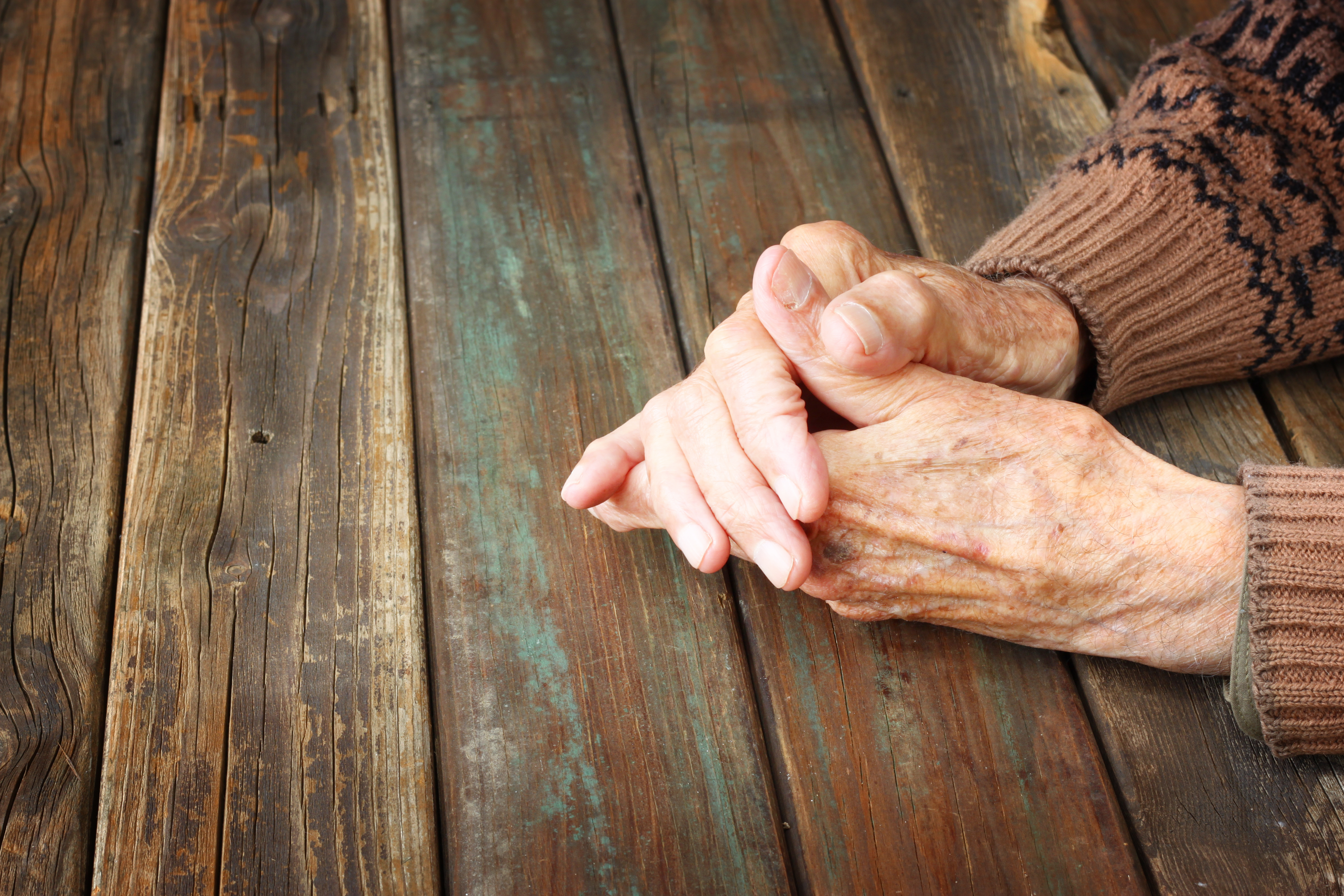

A charity giving a "voice" to islanders affected by a learning difficulty, dementia or severe mental illness to ensure their rights and choices are respected by those in authority has been awarded a two-year government contract.
My Voice, which works with both adults and children, was given the contract after 'advocacy' for vulnerable islanders was made a right under a new law.
My Voice offers support such as ensuring the legal and human rights of islanders are respected, as well as making sure those affected feel listened to, and that they are able to participate as far as possible in decision-making about their care or treatment.
It comes after a major safeguarding report found that islanders with learning disabilities feel "disempowered" when it comes to making choices about their lives and care.
Patricia Winchester, My Voice's Chief Executive, campaigned for major changes to the Mental Health law and for the introduction of a new Capacity and Self Determination Law. The latter came into force last October and established a set of legal principles to empower people who lack capacity to make decisions.
This included making it a legal requirement to ensure that people with a severe mental illness or who lack capacity have access to someone who can act as an independent advocate on their behalf. This prompted the government to launch a tender process to find a provider to do this and My Voice was selected.

Pictured: Support and advocacy for vulnerable islanders is now a right under law.
The charity has now been awarded a two-year government contract to help give vulnerable islanders with mental health issues a voice.
Ms Winchester specialised in mental health and capacity in 2006. As part of her work, she visits people who have been sectioned on mental health wards to talk about their rights.
“It can be a frightening experience if you don’t think you are that unwell and find yourself detained on the ward," she explained. "I come in as an independent, not as ‘another interfering person,’ to talk about their human rights as well as their legal rights. I reassure people as to what’s happening and make sure they understand what is going on. I ensure their human rights are protected and respected and that they can make informed decisions.
"People can feel very powerless in those situations," Ms Winchester adds. "We are here to give them power back. We always work with their consent. Our role is to empower the disempowered.”

Pictured: My Voice supports vulnerable islanders who are severely affected by mental illness or who lack capacity.
Ms Winchester says that she also aims to facilitate better communication between the individual and the medical team, including when it comes to potential alternative treatments. “I make sure patients are understood and that people have listened,” she says.
When it comes to people lacking capacity, including islanders who suffer from dementia, Ms Winchester says it’s all about maximising the capacity people have and respecting it where it’s there.
“If your grandmother has dementia and does not have all her capacity, you might think it’s not appropriate for her to buy a house or to give all her money to charity. But she might be able to decide, if she has to go in a care home, where she goes. She might want to be close to the beach or in town where all her friends are.
"We make sure people’s wishes and views are respected where possible and that the person is respected.”

Pictured: Ms Winchester says the charity ensures everyone's wishes are respected wherever possible.
Ms Winchester says the new contract with the government will not change the services they provide – “We’ve always done the work and been paid for it” – the big difference is simply that, because of the new law, advocacy is now a right and the government has to provide it.
The two-year contract has helped the charity recruit three new people and officially commissioned them to work with young people. In the last three months, My Voice has seen 122 individuals including in-patients with acute mental health issues, children and young people, and older adults. 35% of the cases were for capacity advocacy.
The charity receives referrals from different channels, including doctors, the prison and the probation service as well as family members. But Ms Winchester says that whoever has made the referral, the charity will only deal with the individual themselves.
"We go and see people on hospital wards and care homes and listen to them. Our work is about making the time and taking the trouble to do that. We treat people as they should be treated, and by doing so we encourage others to do the same. We ensure everyone gets an equal treatment."
Pictured top: Patricia Winchester, My Voice's Chief Executive.
Comments
Comments on this story express the views of the commentator only, not Bailiwick Publishing. We are unable to guarantee the accuracy of any of those comments.